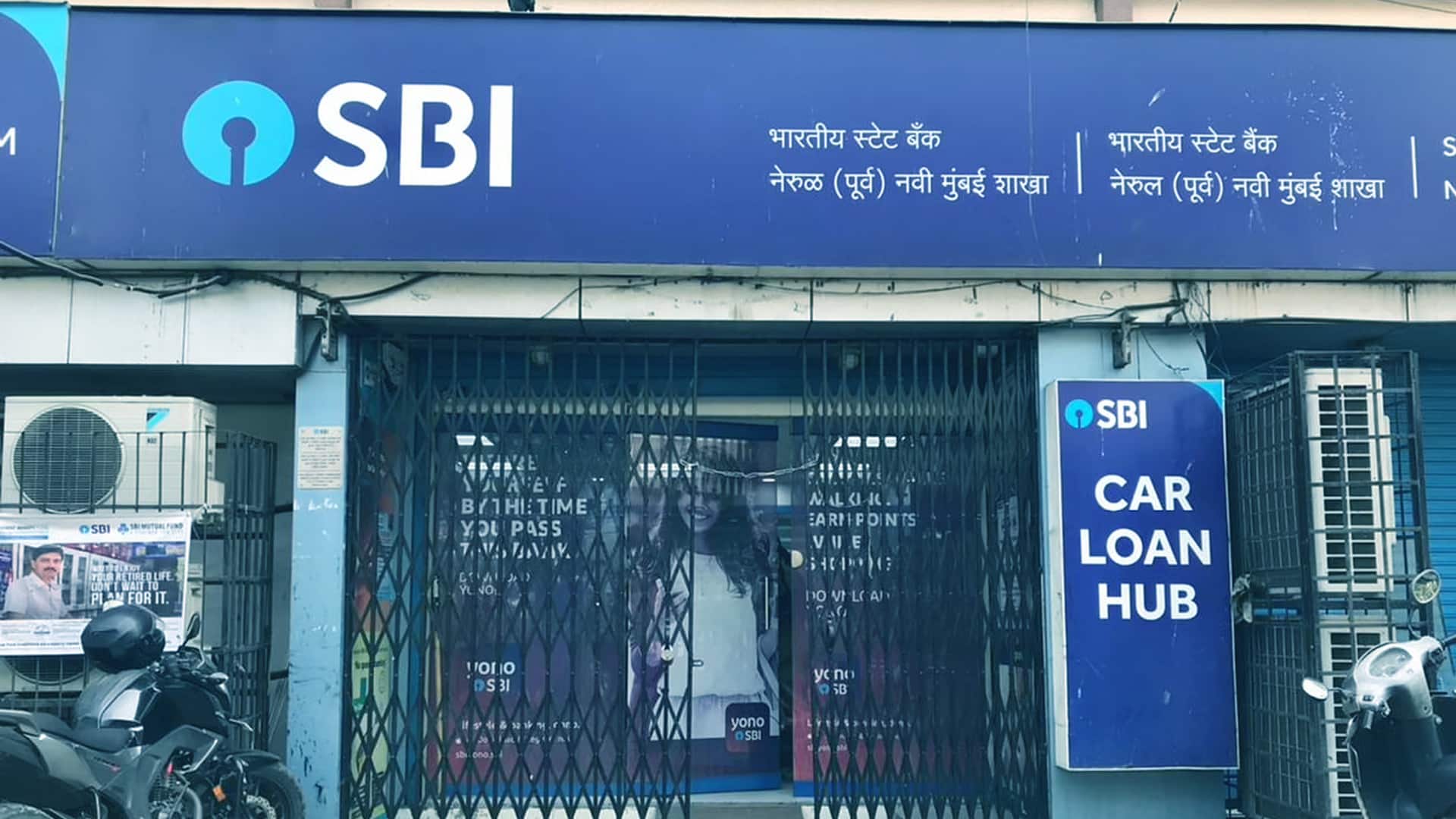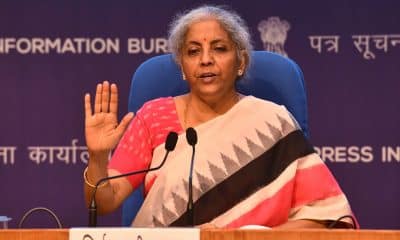GDP
Need a better formula to define loan caps for states: SBI Economists
States are increasingly borrowing higher by making ambitious GSDP projections and hence, there is a need for a new formula to define the loan caps, economists at the largest lender SBI said on Tuesday. Its chief economist Soumya Kanti Ghosh said the Finance Commission had recommended that borrowings by states should be linked to the size of the GSDP, but the states have developed a tendency where they project higher GSDP projections in budgets to borrow more during a year.
Eventually, they revise down the projection but the borrowings have already happened. West Bengal, Maharashtra, Andhra Pradesh, Chhattisgarh, Uttar Pradesh, Tamil Nadu and Rajasthan have borrowed higher than 3 per cent of their actual GSDP in FY21 or fiscal years before it, the report said, adding that the trend is getting broadbased. “We believe there is a need to devise a better formula for setting state borrowings and delinking it from advance GSDP estimates,” it demanded. States that are better behaved may be rewarded in terms of an increase in size of the permissible borrowing in the subsequent year where permissible borrowing is scaled up by the lower advance borrowings, it suggested.
Also read: MG Motor ties up with Jio for connected features in its upcoming mid-size SUV
A similar scheme could be envisaged for states that are borrowing more, with a scale down in the permissible borrowing or the higher advance borrowings may be resorted to only at a rate that is higher than market rate of interest, it said. Another possible solution could be linking of the state borrowing to its own tax revenue, the report said. It also said that the 15th Finance Commission had also dealt with the same issue and based on the same input, the Centre had allowed states net market borrowing of up to 4 per cent of GSDP in FY22 and additional 0.5 per cent of GDP conditional borrowing on fulfilment of power sector reforms.
Besides, the total amount of grants given to local bodies has increased. Of the Rs 2.2 lakh crore grants permitted for FY22, Rs 1.54 lakh crore is unconditional and the remaining Rs 67,105 crore for local bodies is conditional and based on reform of urban local bodies, it added. The June quarter tax collection figures are now 36 per cent of the budgeted numbers, showing a higher percentage than was normally observed even before the pandemic, it said, adding this provides hope that devolution to states will remain robust.






































Pingback: Efficient distribution sector essential for improving ease of doing business: Niti Aayog VC